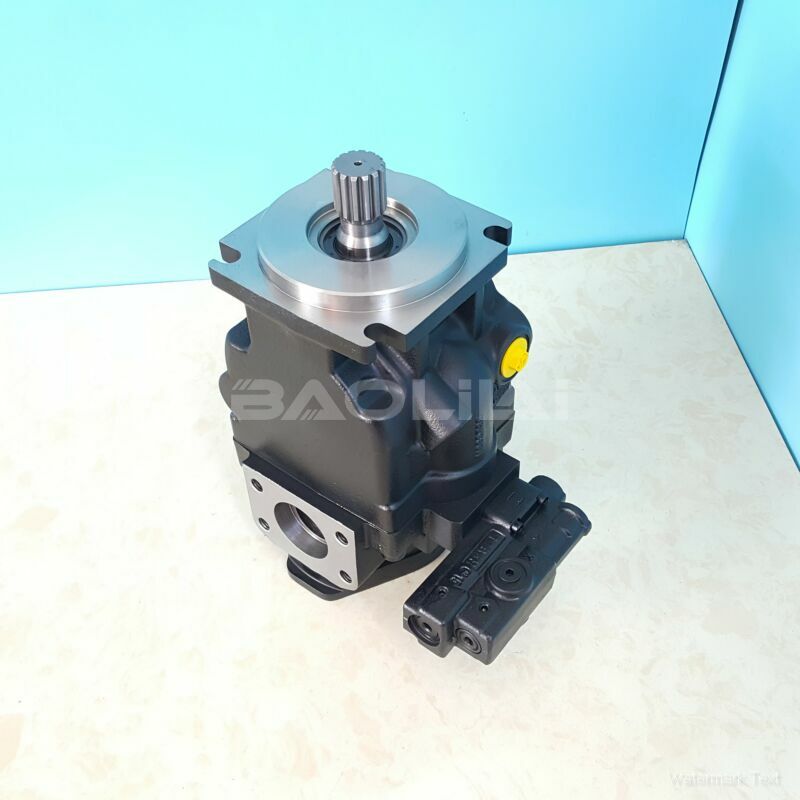JRRS60BCK2620NNE3C3BEA2NNNNJJJNNN hydraulic pump
JRRS60BCK2620NNE3C3BEA2NNNNJJJNNN hydraulic pump

- Product Details
- Applicable Scene
In addition to their fundamental role in fluid circulation, hydraulic pumps also contribute to the overall energy efficiency of wastewater treatment plants. Modern advancements in pump technology have led to the development of energy-efficient models that reduce power consumption while maintaining performance. Variable frequency drives (VFDs) can be integrated with pumps to adjust their speed based on real-time requirements, further enhancing energy savings and system efficiency.
JR-R-S60B-CK-26-20-NN-E-3-C3BE-A2N-NNN-JJJ-NNN
JRRS60BCK2620NNE3C3BEA2NNNNJJJNNN
Maintenance of hydraulic pumps is critical for ensuring the longevity and effectiveness of wastewater treatment systems. Routine inspections and preventive maintenance can help identify potential issues before they lead to system failures. This includes monitoring wear on components, checking for leaks, and ensuring proper alignment and lubrication.

83044134
In conclusion, hydraulic pumps are indispensable for fluid circulation in wastewater and sewage treatment processes. Their ability to move large volumes of fluid, handle various materials, and contribute to energy efficiency makes them a core component of any wastewater management system. As technologies continue to advance, the role of hydraulic pumps will likely evolve, further enhancing their efficiency and effectiveness in promoting environmental sustainability and public health.





